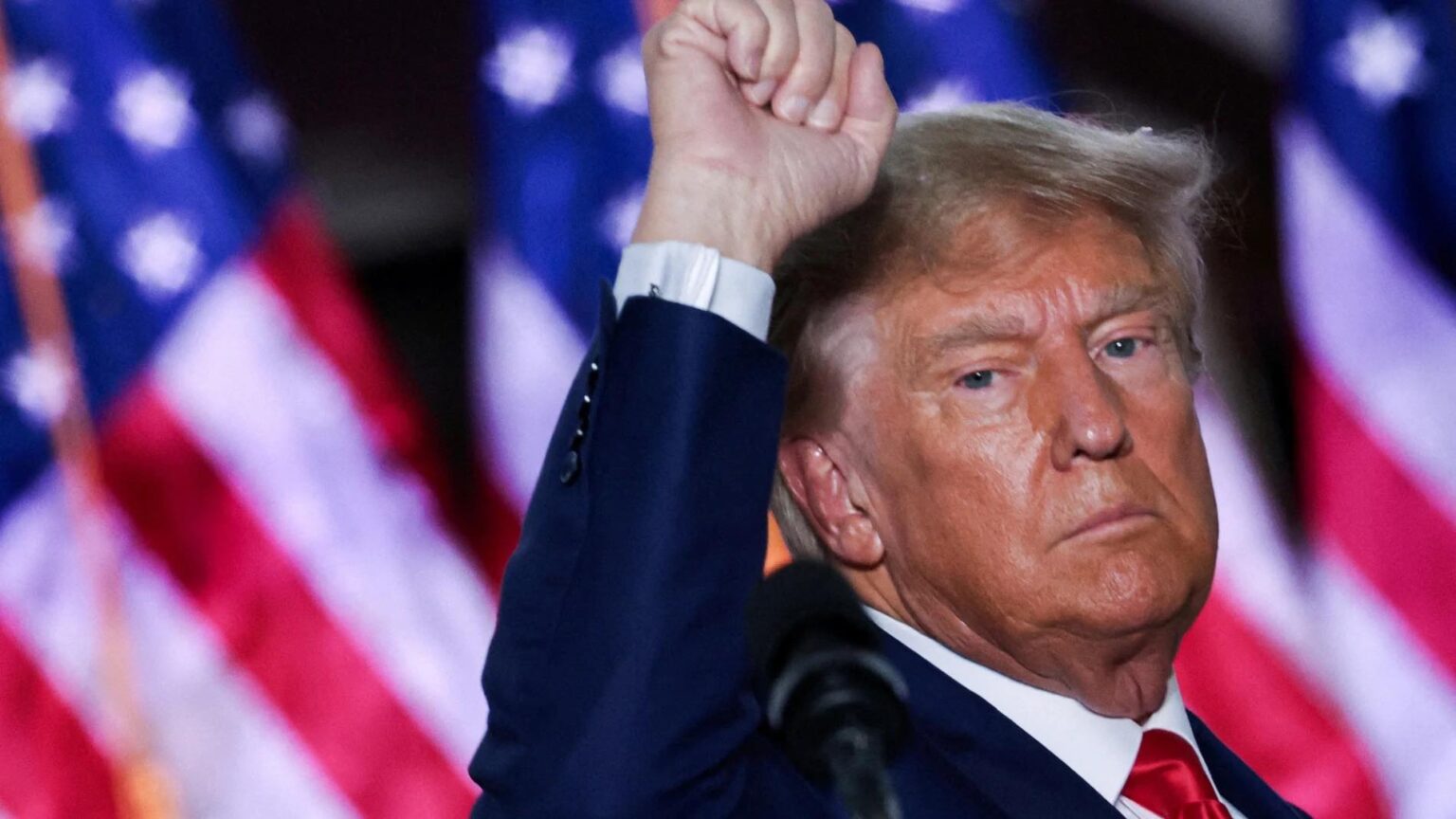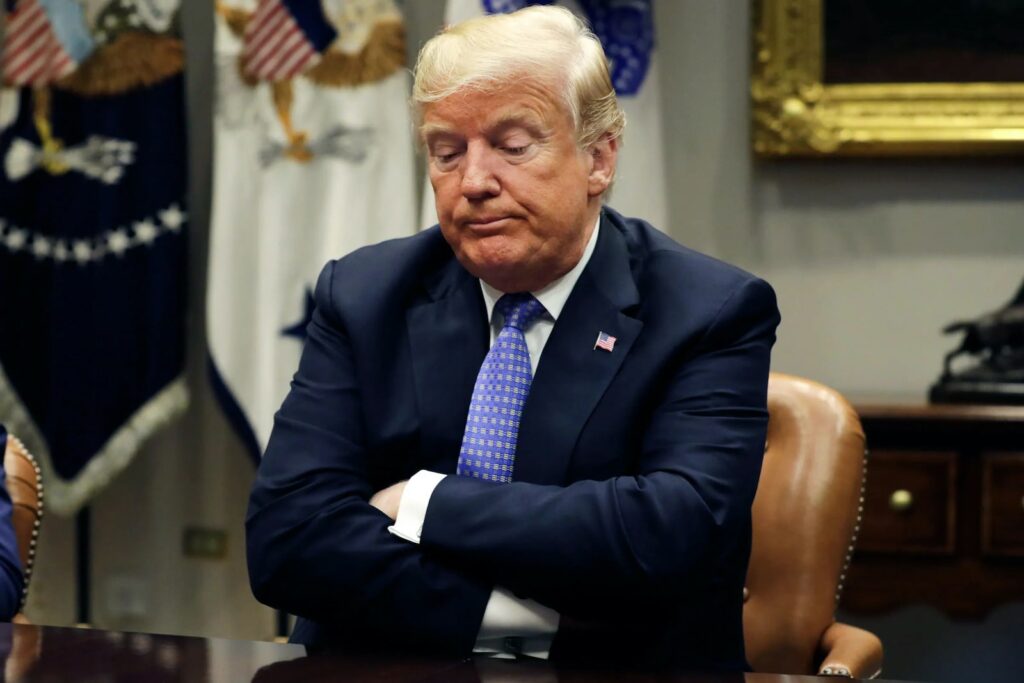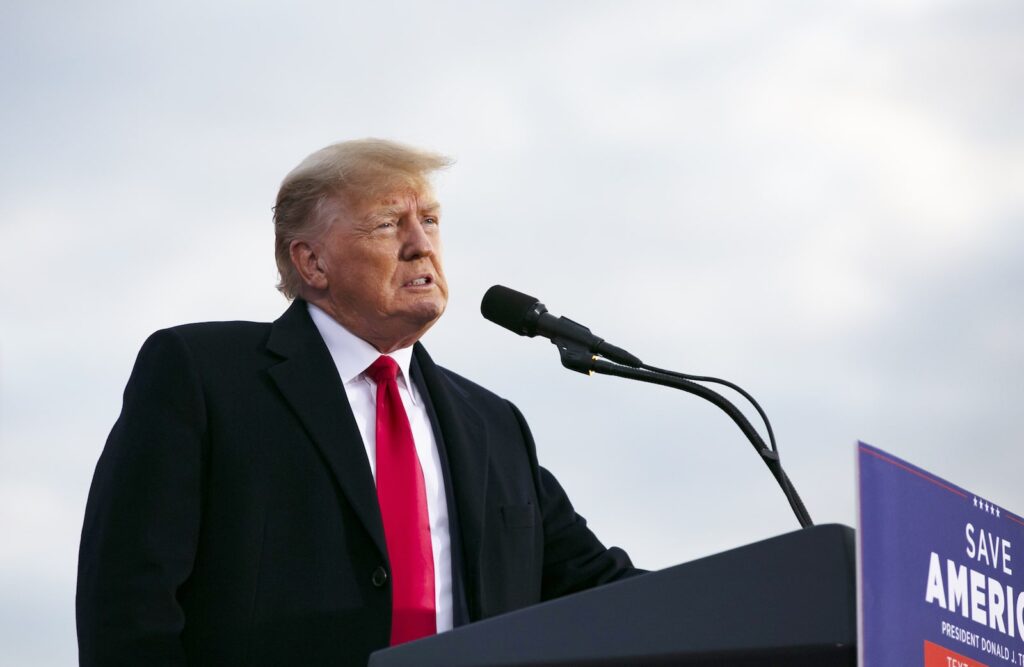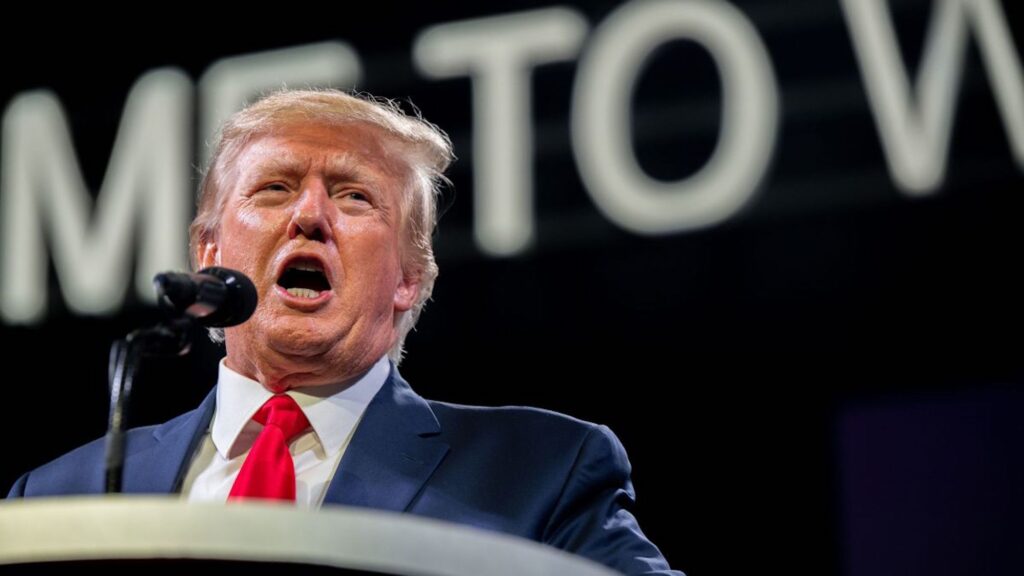
Will Trump actually run in 2024 after all his recent legal troubles?
Is justice in the limelight more important than a fair run in the political arena? With a lawsuit hanging over former president Donald Trump’s head, the answer may not be as clear-cut as you’d expect.
In a recent turn of events, U.S. District Judge Aileen Cannon has set a May 2024 trial date for the Justice Department’s classified documents case against Trump. This decision attempts to serve the dual purpose of granting ample prep time to both sides and steering clear of potential election fallout. So will Trump run in 2024? Let’s see.

The Art of the Deal?
Trump’s legal team had initially vied for a postponement until after the 2024 presidential election, their concern revolving around how the trial’s politically-charged nature could disrupt his campaign.
The defense expressed worries that if held before the election, the trial could hamper his chances at a fair proceeding. However, Justice Department prosecutors saw things differently. They suggested a mid-December trial, reminding all that despite his political ambitions, Trump, like anyone else accused of a crime, needed to face the charges.
The final decision to set the trial for May 20, 2024, seemed to be a compromise, landing gently in the election calendar. It’s a date that allows Trump, charged with retaining classified materials and obstructing justice, to campaign during the crucial early months of the primary season.

Election, Evasion, or Both?
The timing of the trial strategically places it well after the earliest Republican primary contests and more than two months post-Super Tuesday, a crucial date when many states make their nominee selections. Plus, it’s a full two months before the GOP convention in Milwaukee.
Yet, despite not getting the indefinite postponement they had sought, the Trump campaign labeled the ruling a win. The campaign’s spokesperson referred to the 38-count criminal indictment as an “empty hoax,” alleging it to be a politically driven pursuit by the current president, Joe Biden.
Judge Cannon, in her ruling, found a middle ground. She expressed concerns about the Justice Department’s “atypically accelerated” schedule being incompatible with a fair trial. She also indicated she didn’t wish to delay the trial indefinitely due to the political implications, as suggested by Trump’s lawyers.
The lawyers for Trump and his co-defendant, aide Walt Nauta, had cited potential bias in jury selection due to the impending 2024 Presidential Election. Cannon’s setting of the trial date may also have been an attempt to dodge conflicts with Trump’s state trial set for March 2024 in Manhattan.

Just Business as Usual?
In Trump’s legal sphere, Bryan Lanza, a political operative from Trump’s 2016 campaign, threw doubt on the May 2024 trial date. He pointed to Trump’s knack for delaying court proceedings as a reason to be skeptical.
The impending trial, Lanza argued, might not have any significant political repercussions for Trump. He suggested any trial would only serve as further evidence of Trump’s long-held claim of being the victim of a “witch hunt” by politically motivated prosecutors.
As we inch closer to the trial date and the subsequent election, the question remains: Will justice prevail without compromising political fairness? And will these legal challenges alter Trump’s campaign strategy, or will it simply be another chapter in Trump’s book of legal battles?






